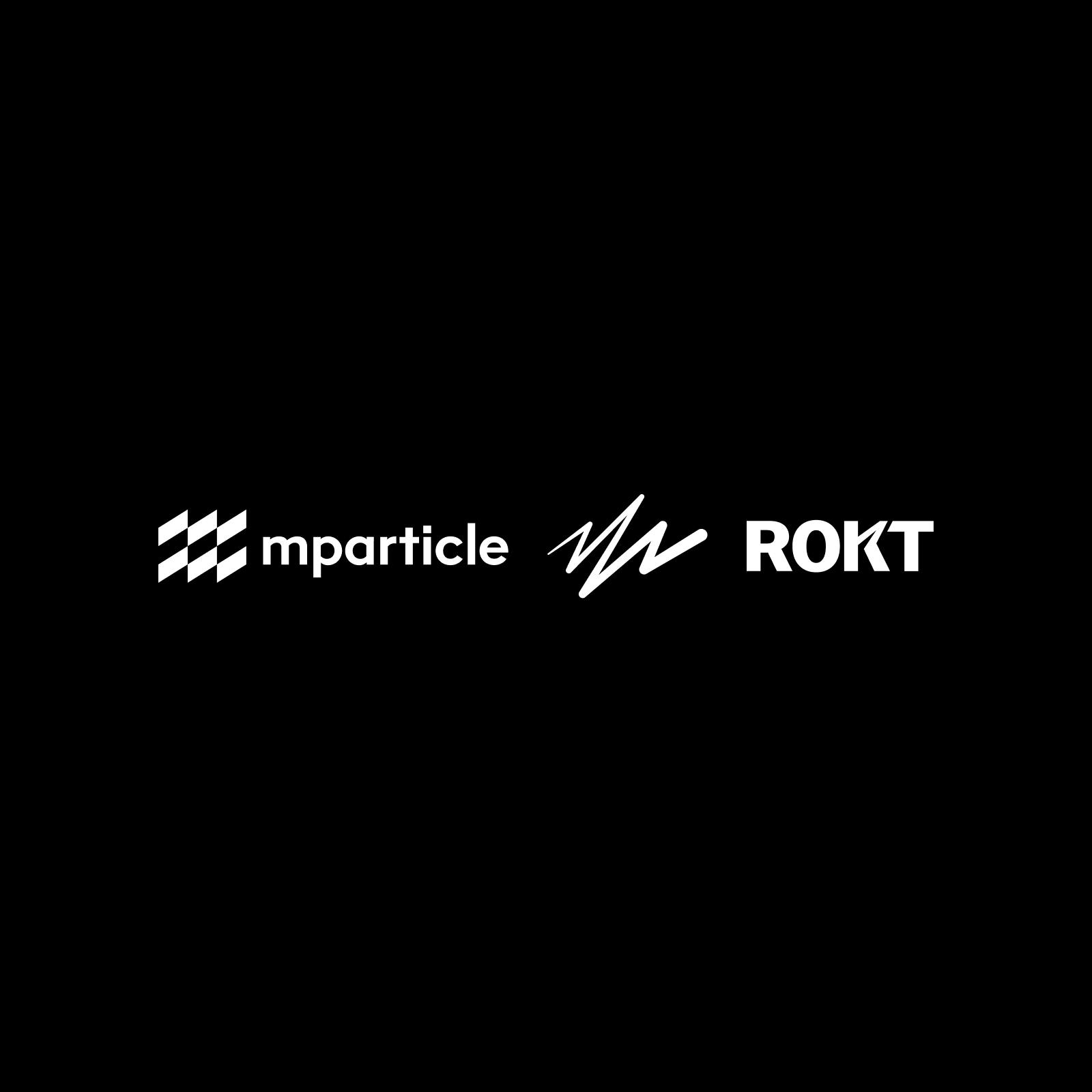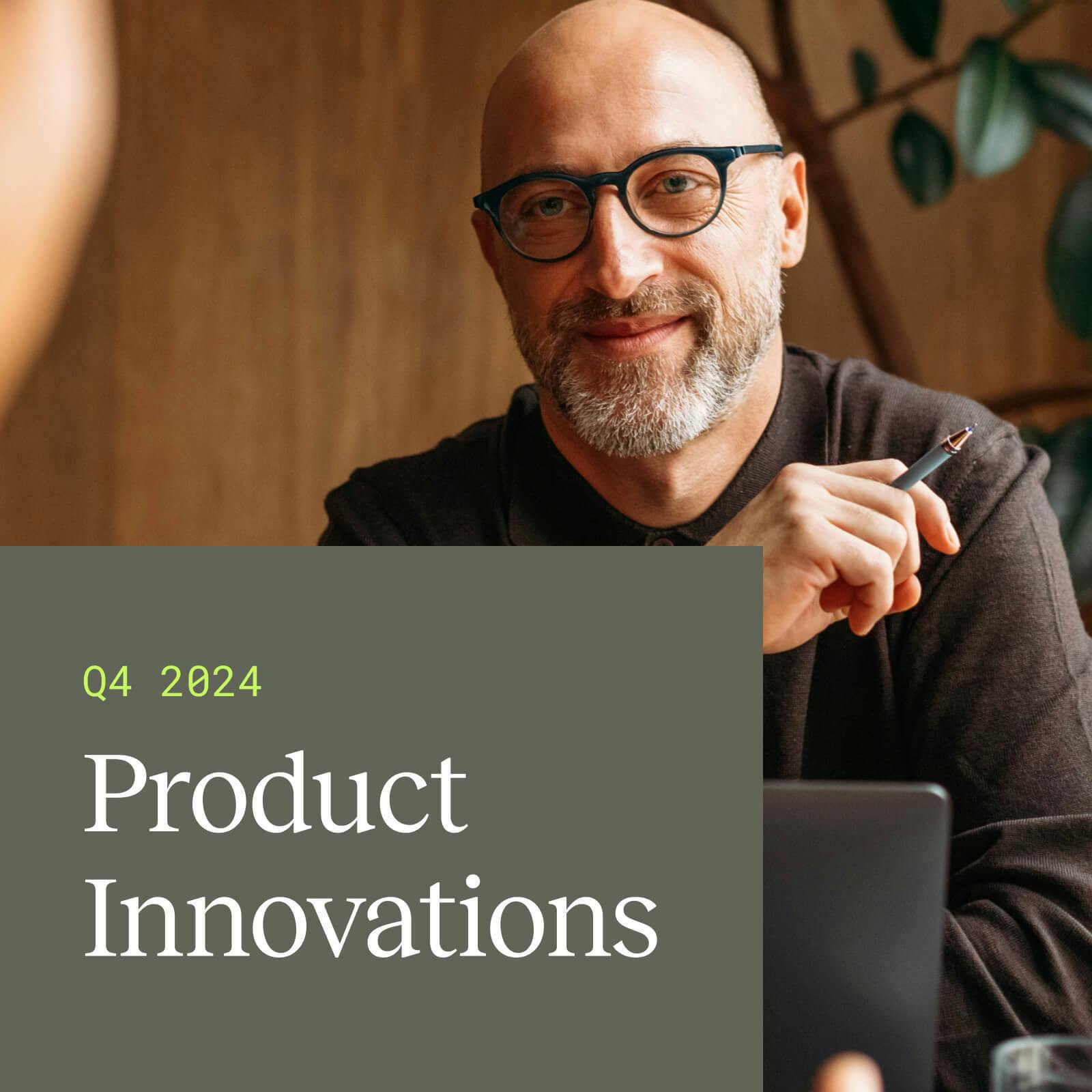New report: Number of Customer Data Platforms doubled in the last year
The CDP is gaining steam, as more mDMPs join the market.

In 2013, analyst David Raab described a new category of marketing data firms as Customer Data Platforms (CDPs).
This week, his Customer Data Platform Institute is out with its third report on this space, and it finds that the category has doubled in the last year to more than 50 companies, mostly in the US. The new study, “CDP Industry Update 2018” (registration required), shows a growing category that is beginning to add functions as it expands.
A CDP, according to the Institute, is a “marketer-managed system that creates a persistent, unified customer database that is accessible to other systems.” Raab sees it as the “golden record” of customer info, defining what the marketer believes is the true info on a given customer, even though other databases for that brand might initially capture incoming data from the field, such as from customers themselves.
The vendors in the report, whose primary business is selling CDPs, include Segment, mParticle, ActionIQ, Amperity, Evergage, CaliberMind, Tealium, Datorama, RedEye, BlueConic, Amperity, AgilOne, BlueVenn, Ensighten, Lytics and RedPoint Global.
Some of these companies have described themselves — now or in the past — with other descriptors as well, such as tag management provider (Tealium) or predictive intelligence platform (AgilOne). Several companies, like Segment or Evergage, have begun describing themselves as CDPs over the last year or so.
But they all focus on a definitive customer database that serves as a hub for other tools and can be managed by a non-technical user.
While the customer database is the central focus, the report breaks down the category into three approaches.
Data assembly, analytics, customer engagement
Data assembly vendors collect customer data from various sources, determine the definitive info if there are conflicts, link it to customer identities and store it in a persistent system that is available to outside platforms.
On top of the data assembly, the report says, some CDPs add analytics, such as segmentation, predictive modeling or journey mapping.
And then there are those companies that add what the report calls “customer treatments” — that is, customer engagement — to data assembly and analytics. The treatment might include personalized messages, real-time interactions, product or content recommendations or customer journey orchestration. In other words, in addition to targeting customer segments, they also choose the message or offer to be delivered, which is then handed off to a delivery tool, like a marketing platform.
The new report notes that only about a quarter of the companies on the current list are focused on database creation, while those kinds of companies represented about half of the list a year ago.
The new companies on this year’s list, Raab told me, are primarily in analytics and customer engagement. Although this indicates CDPs are adding capabilities, he said he didn’t think the category will continue growing into broad marketing platforms, the way some social media management firms are becoming multichannel marketing tools.
“It’s more about journey orchestration,” Raab said, where CDP vendors analyze their customer data for intelligence, then use that intelligence to create segments of customer types and target the right message to those segments.
He added that he expects CDPs to remain primarily focused on providing a customer decisioning or intelligence layer, which is then passed on to delivery tools like email services.


